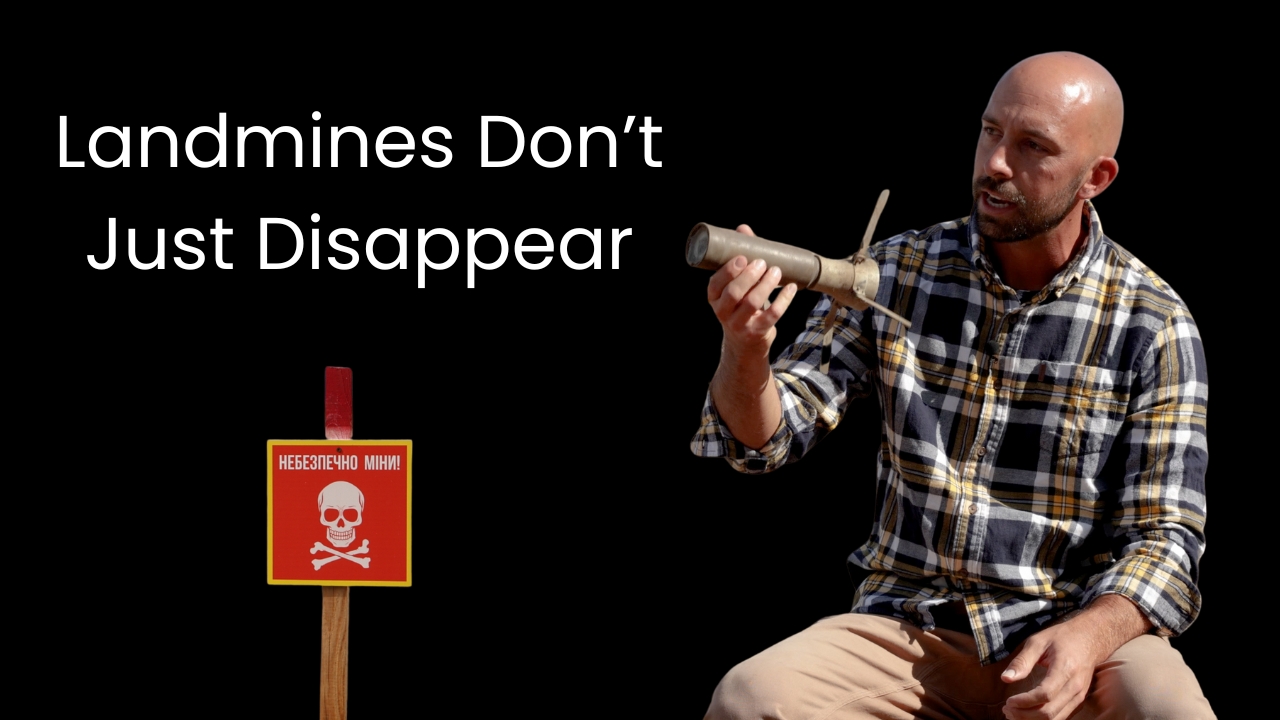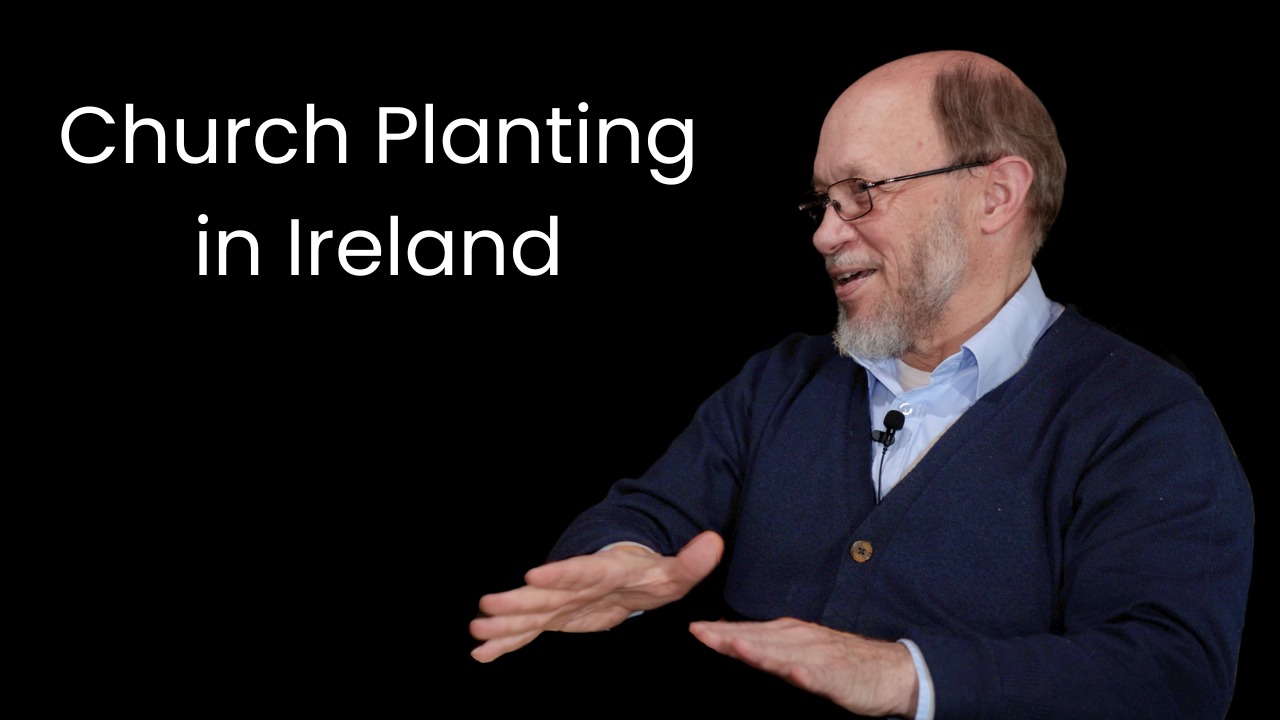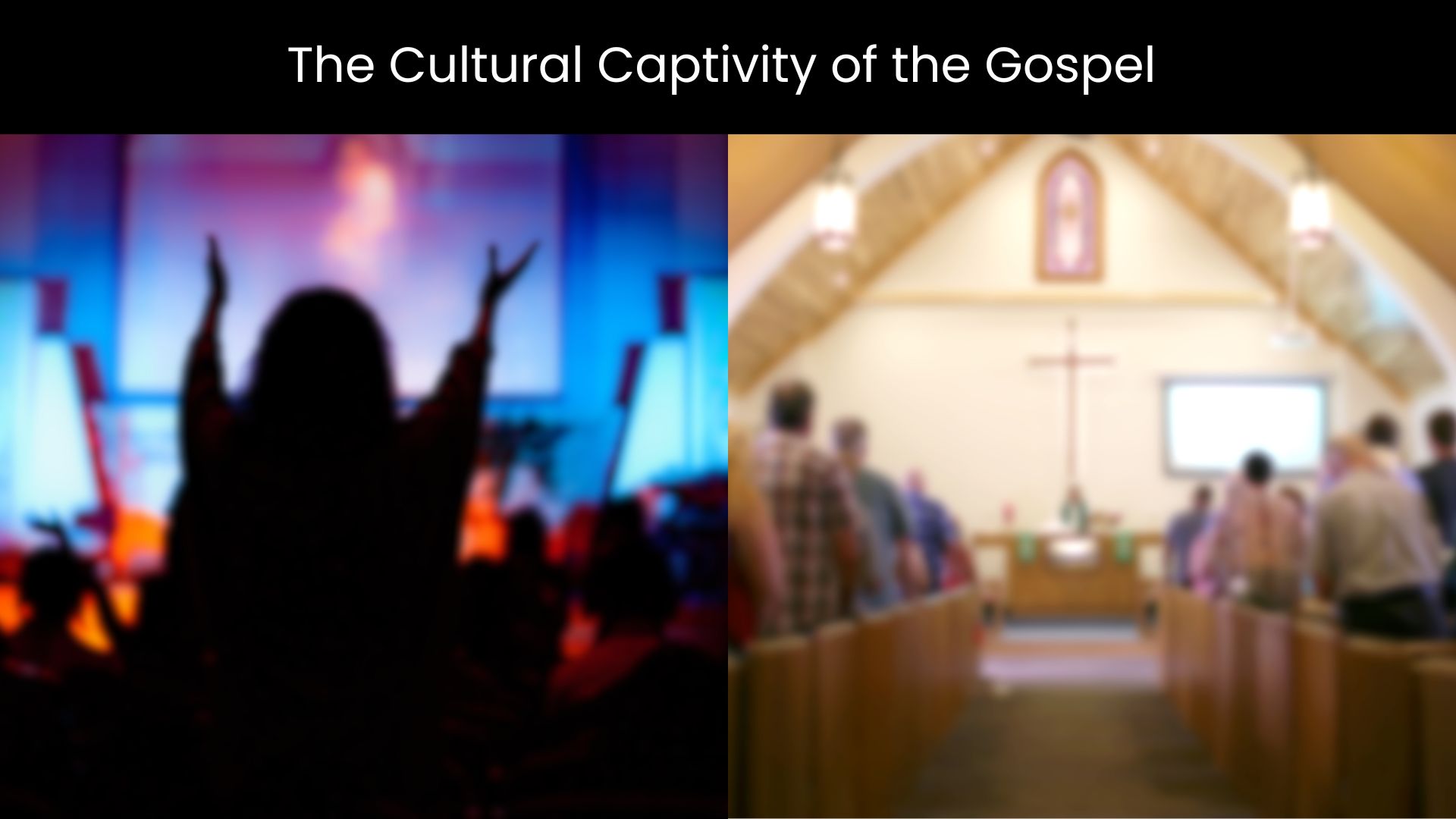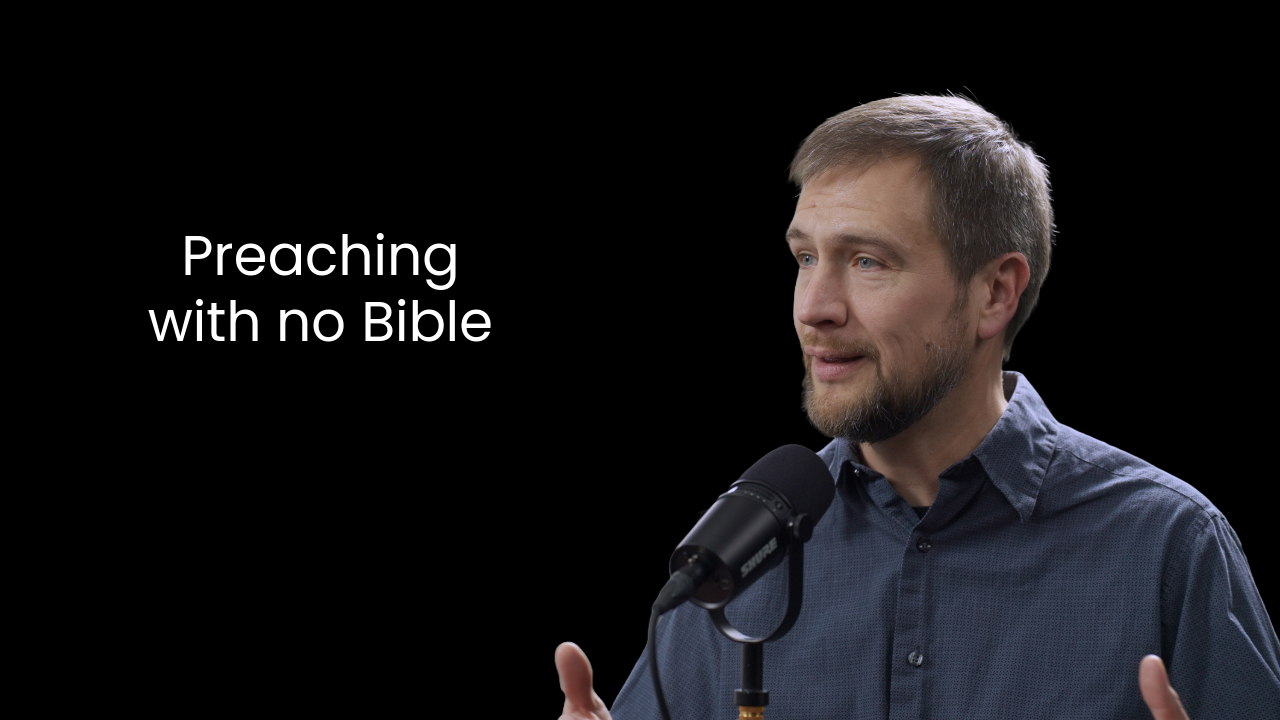Planting an Anabaptist Church in a City
How does a twenty first century Anabaptist go about planting an Anabaptist church in a city? Is it even possible?
First of all, let’s remember that Jesus Himself promised: “I will build my church” (Matt. 16:18, emphasis mine). In the Great Commission, the resurrected Jesus stated clearly, “All authority has been given to me in heaven and on earth. Go therefore and make disciples…teaching them to observe [obey] all things that I have commanded you…” (Matt. 28:18-20 NKJV). He promised to be with us as we make obedient disciples everywhere on earth among all the people groups. He would not command us to do the impossible!
Secondly, the apostles demonstrated that they understood His command to mean planting new churches, beginning in cities across the Roman empire. The names have become so familiar we don’t even think of them as cities: Rome, Ephesus, Corinth, Philippi, Antioch, Thessalonica, Lystra, Derbe, Iconium, Laodicea, Smyrna, Philadelphia and many more. If the early Christians, with no previous church history and in an empire hostile to them, could plant new churches with the aid of the Holy Spirit, can we not reasonably expect to do the same?
Thirdly, Paul described how God had given him grace, wisdom, gifts and a special calling to plant churches by laying the foundation upon which others would come to build (I Cor. 3). These churches would be composed of believers who would be obedient to the faith that he had preached to them (Rom. 1:5; Phil. 2:12,13; I Cor. 11:1,2). Jesus builds His church through people who share the Gospel and then teach those who receive the Gospel to obey the commands He gave directly and the commands he gave through His apostles. This is what we aim for as we plant churches, whether in the countryside, small towns or in cities.
It is becoming ever more obvious that the prevailing culture is in serious moral and spiritual decline, especially so in our cities. Students of church growth have observed that the most effectual means for the moral and spiritual transformation of a culture is by planting new churches. Let us claim the promises of the Lord of the Church who is building His church, and follow the example of the early Christians who planted churches wherever they went.
Immediately, however, the question arises: how does one plant churches, teaching people to obey clear commands of Scripture that go in the opposite direction of many accepted norms of prevailing culture? In other words, how does one plant Anabaptist churches in settings where so many aspects of the “normal” way of living are so different from what we see taught in the New Testament? The following are a few foundational observations from our experience of church planting in Nicaragua and in New York City.
At the very beginning, those involved in planting a church must clarify their vision. Are they aiming to start a church by moving a significant number of Anabaptist background people (ABB’s) from a church that is full and needs more room? I call this the “swarm” model, like a swarm of bees leaving a hive that is crowded. Or do the church planters envision starting a church with a core group (say, two to three families/singles) that will develop a membership composed of a majority of people who are not from Anabaptist background (non-ABB’s)? I call this the “start from scratch” model. There are other models as well, but these are two basic approaches, each with its own strengths and challenges. But the vision must be made clear from the very beginning and agreed upon by all involved; this decision will then determine how the church planters go about recruiting team mates and the strategies they will adopt. The vision will also determine, in large part, the outcome in the composition of the membership of the new church.
Once the vision has been determined, participants in the church plant project will be recruited accordingly who share the vision and the convictions of those leading the project. Those who participate should move to the target community in order to be “salt and light” there, visibly demonstrating the love and presence of Christ to the glory of God (Mat. 5:16).
From the very beginning, the church planters should be open and clear about their purpose for moving to the community. When they are asked, “Why did you move here?” their ready response should unashamedly be: “I moved here to help plant a new church of followers of Jesus.” They should be prepared to share clearly their story of how they came to Christ and the difference He has made in their lives. They should also be able to explain in a simple, understandable manner the gospel of Jesus Christ with an invitation to the listener to consider joining with them in following Him. These church planters must be proactive in meeting people in their community, building friendships, serving in love, and searching for those open to study the Bible together. They will look for opportunities to talk about Jesus. While unashamed to be Anabaptists, that will not be their primary focus, nor will they seek to grow their church by trash-talking other churches nor by attracting discontented members of other churches.
On the other hand, when they are asked what is “Anabaptist” or what is “Mennonite”, they will be prepared to share with clarity what those terms mean, using such opportunities to press forward to point to Jesus, and to invite them to study the Bible together. Will everyone be persuaded? No. But if we don’t invite, they won’t. However if we do invite, over and over, some will! Jesus has given His Word on this.
A critical factor in the process of planting an Anabaptist church, especially for those who use the “start from scratch” approach, is distinguishing clearly between clear, non-negotiable commands of Scripture and the application of Bible principles which may have a variety of acceptable applications. The more obvious the command, the greater the authority. The church planters will need to discuss among themselves the “hot button issues” they face, always asking the question: “What does the Bible say?” The Bible actually says more about more things than we give it credit! Then as issues arise and questions are posed by inquirers, we should create safe, non-defensive spaces for discussion on what the Bible says, giving good, solid, reasonable, practical, Biblical reasons for why we do what we do. Our discussions will need to be bathed in love and prayer—before, during and after—for God by His Spirit to work in transforming hearts, minds, values and lifestyles.
Through the entire process of planting and establishing a church, prayer and fasting is necessary, over and over again. Nothing of lasting value happens in the Lord’s work apart from Him working. As we fast and pray, we become more sensitive, more anointed, more directed by Him to accomplish His work to plant new churches.
And finally, planting a church requires perseverance. Jesus described the fruitful seed as those that “having heard the word with a noble and good heart, keep it and bear fruit with patience” (or, endurance) (Luke 8:15, NKJV, emphasis mine). In church planting we will often need to claim the wonderful promise of our Church Building Lord: “You did not choose me, but I chose you and appointed you that you should go and bear fruit, and that your fruit should remain, that whatever you ask the Father in my name He may give you” (John 15:16 NKJV).
Tags:











Leave a Reply